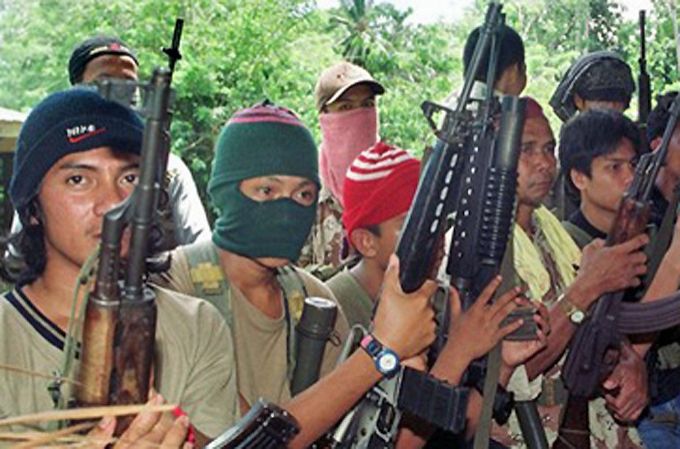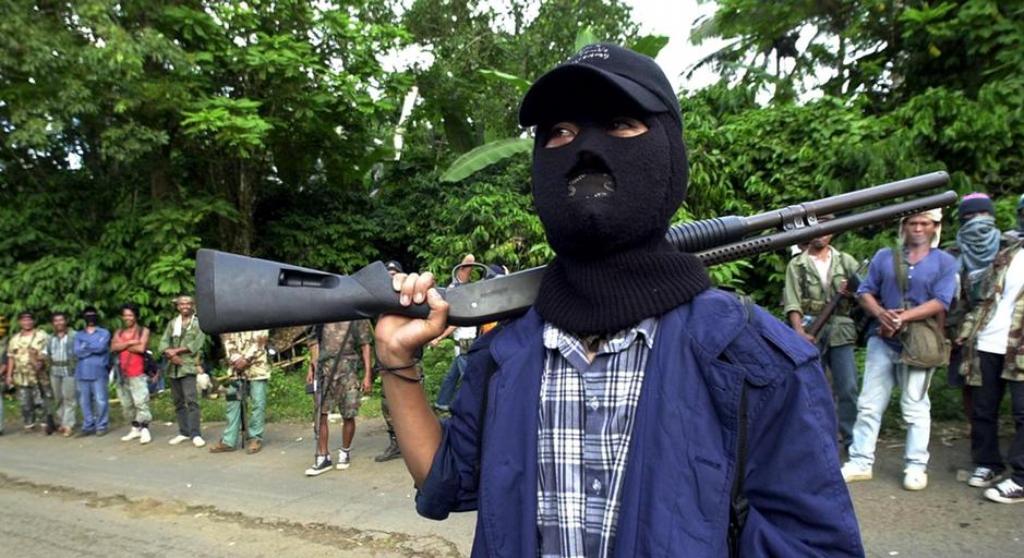A Philippine court has sentenced seventeen Islamic militants to life imprisonment for the mass kidnapping of European tourists and Asian workers from a Malaysian dive resort more than two decades ago, justice officials announced Monday.

The Regional Trial Court in Taguig city near Manila convicted members of the Abu Sayyaf group, including two leaders on United Nations terrorism watchlists, Hilarion Santos and Redendo Dellosa. The militants will serve life terms with possibility of pardon after thirty years.
The convictions stem from an April 2000 raid on Malaysia’s Sipadan Island dive resort, where armed militants seized twenty-one hostages at gunpoint. The captives included three Germans, two Finns, two South Africans, a Lebanese woman, two French citizens, and several Malaysian and Filipino resort workers.
The attackers, wielding assault rifles and machetes, transported their hostages by speedboat to jungle hideouts in the southern Philippine province of Sulu. Hostages were later freed after ransom payments reportedly facilitated by then-Libyan leader Moammar Gadhafi.
Associated Press journalists permitted to interview the captives during their ordeal found them sitting on banana leaves within a makeshift fence of tree branches. Many wrote desperate letters begging families and embassies for food, water, medicine, and assistance securing their release.

The Abu Sayyaf group emerged from the decades-long Muslim separatist insurgency in the predominantly Catholic nation’s southern region. Both Philippine and U.S. governments classify it as a terrorist organization. The group gained notoriety in the late 1990s through bombings, ransoms, and beheadings, though military operations have since significantly weakened their capabilities.
Ghalib Andang, who led the Sipadan kidnapping, died in 2005 during an attempted jailbreak from a Manila detention facility. Years of military offensives following the hostage crisis resulted in the death or capture of most Abu Sayyaf leaders and fighters.
The Abu Sayyaf operated primarily from jungle strongholds in the southern Philippines, using the region’s remote islands and waterways to conduct raids and evade capture. The Sipadan incident highlighted the group’s ability to strike targets beyond Philippine borders, prompting increased regional security cooperation.



